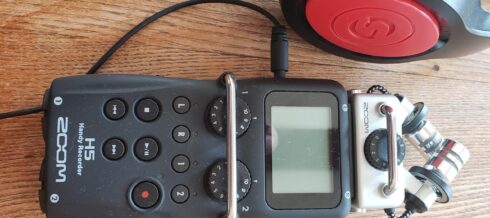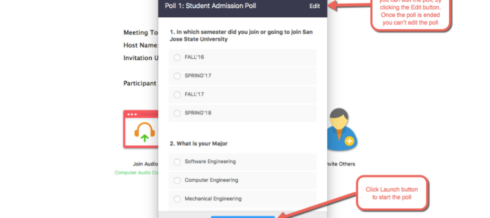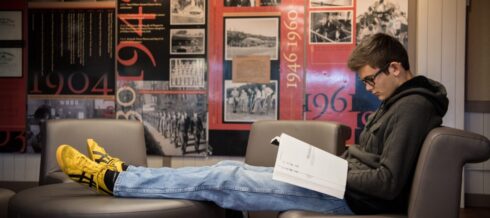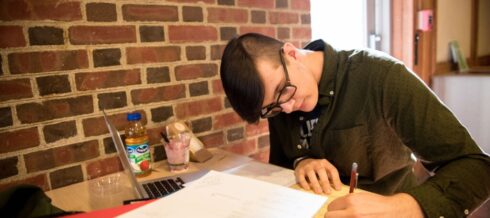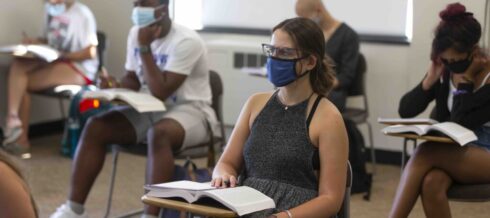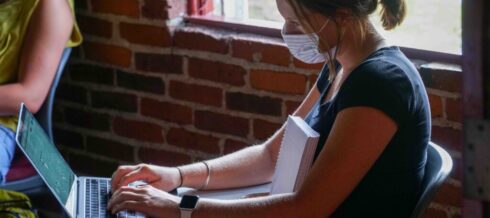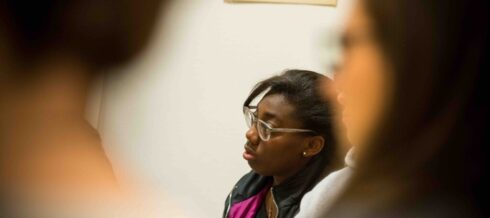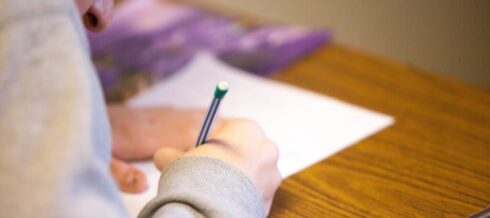W 101 – Doug Swift, English and Narrative Journalism
W 101
I have always borrowed an idea from narrative journalism for one of my W101 assignments, and asked my students to immerse themselves in an experience that is outside of their comfort zone. They could choose the experience; for some it was to go to a political club opposite of their inclination; or for a white student to go to Black Student Alliance; or for students to explore religions other than their own or, if they are not religious, to explore any religion.

